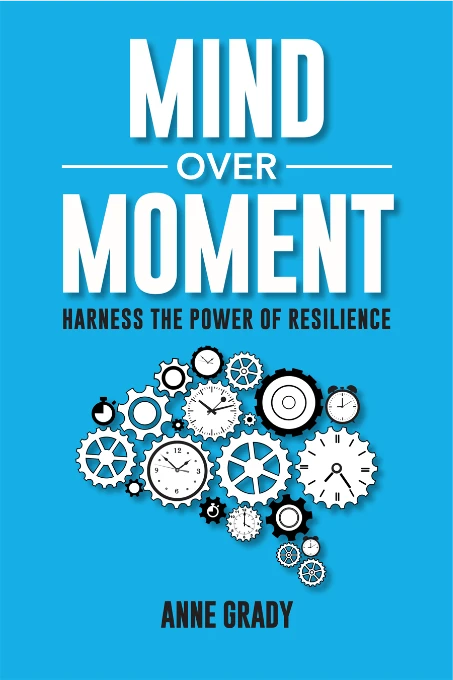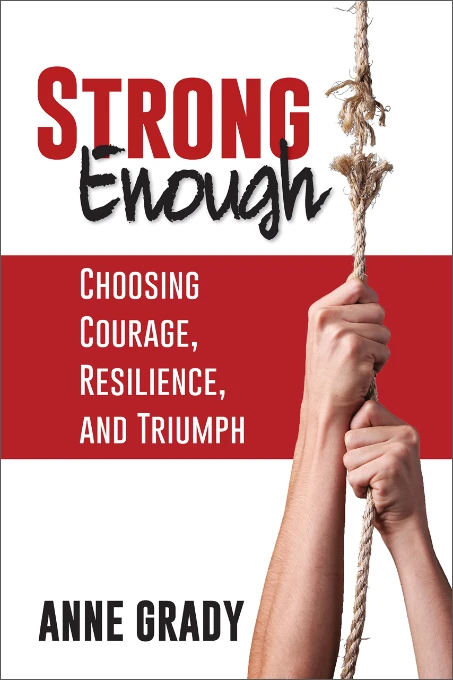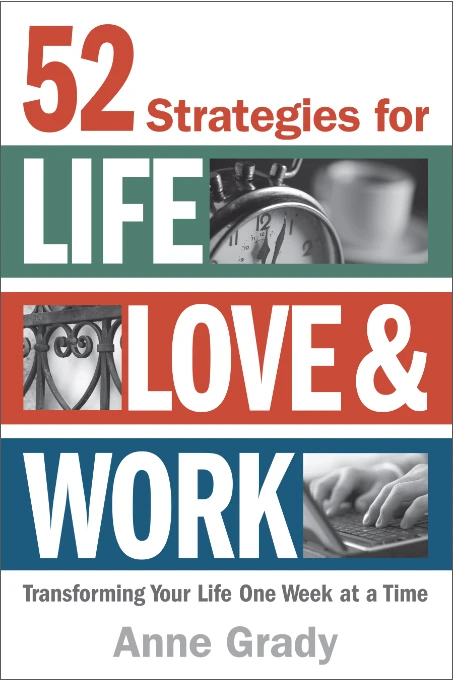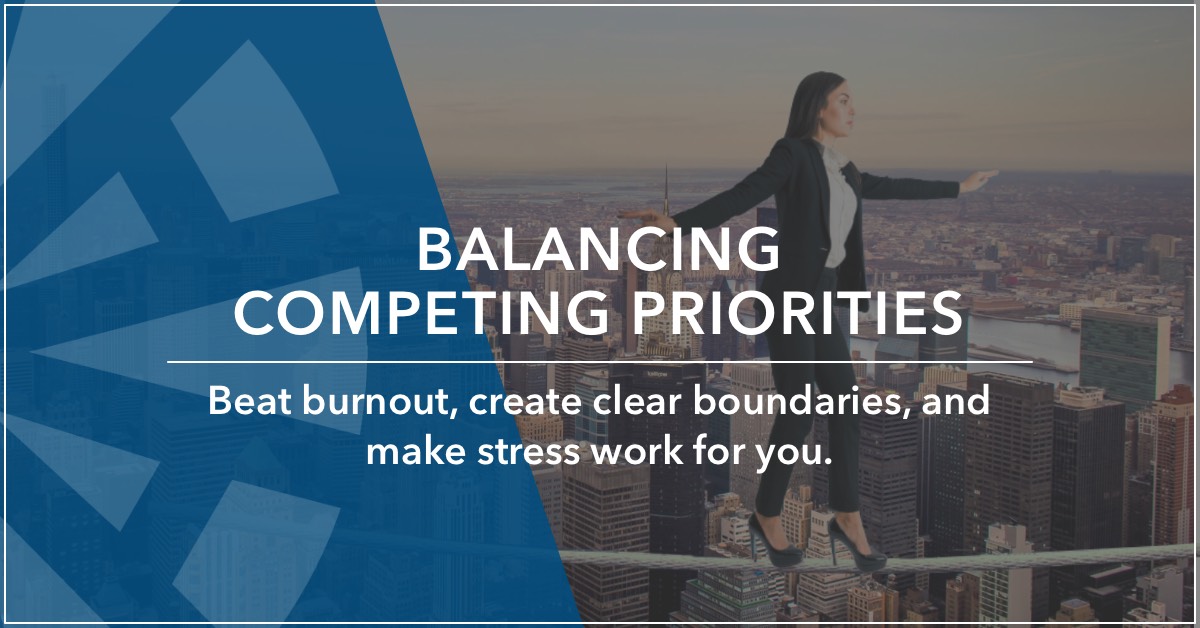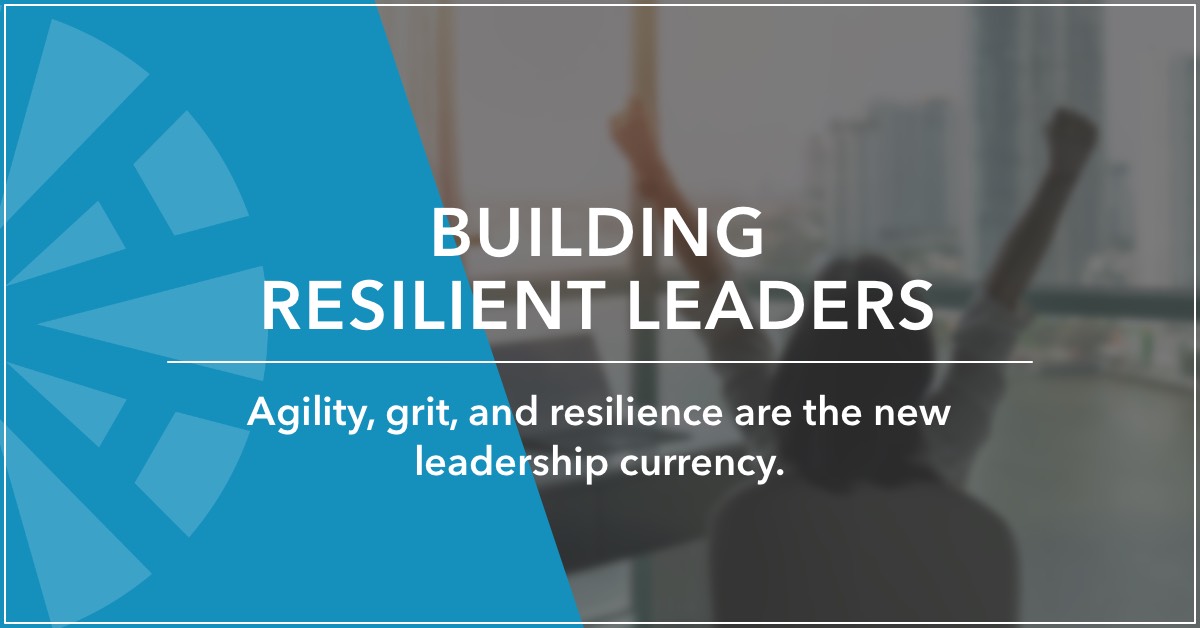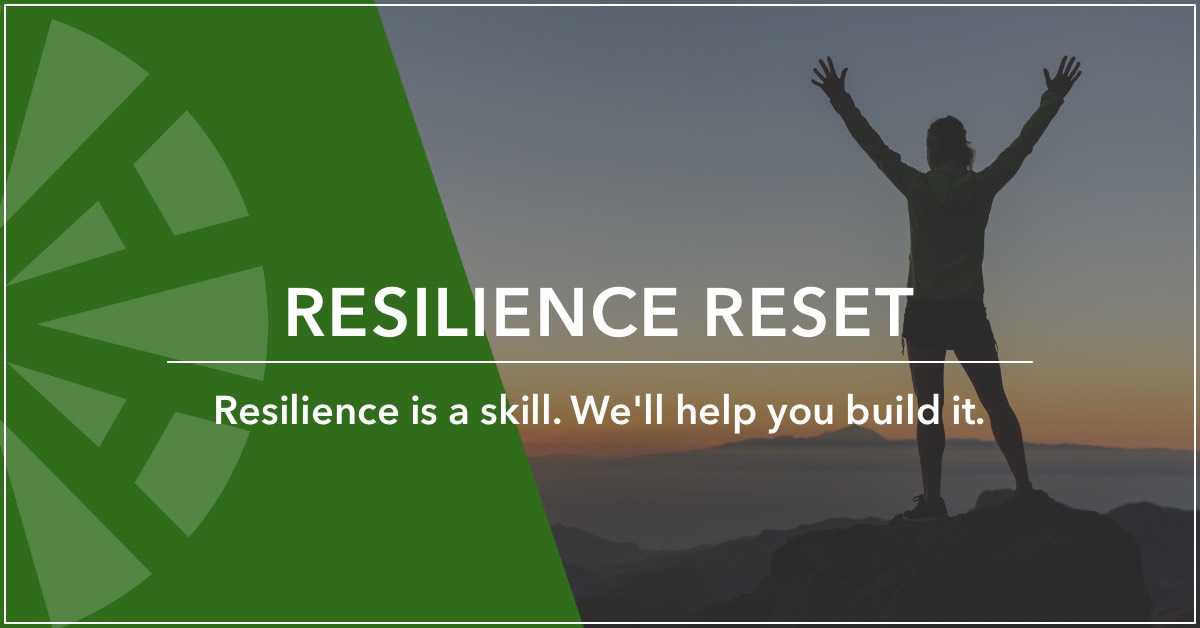Social Comparison: Friend or Foe?
Social Comparison: Friend or Foe?
Do you compare yourself to others? From someone’s incredible career success to their bikini body, I’ve compared myself to others more times than I care to admit.
Images of perfection are all around us. Whether scrolling through Instagram, catching up on LinkedIn updates, or simply chatting with friends, social comparison is an ever-present part of our lives.
But is social comparison a good thing or a bad thing? It turns out it depends.
Why Do We Socially Compare?
We compare ourselves to others to feel better about ourselves, to fit in, to reduce uncertainty — or, on the flip side, to punish and criticize ourselves, wondering why we can’t keep up with the Joneses.
Social Comparison Can Be Helpful
If we use social comparison the right way, it can help us grow and improve. A few of the benefits include:
1. Motivation and Inspiration
When we see someone achieve something remarkable, it can ignite a fire within us. Seeing others’ success can inspire us to strive for more in our own lives.
2. Benchmarking Progress
Social comparison can be a useful tool for benchmarking our progress. It helps us gauge our progress and identify areas for improvement.
3. Learning from Others
Observing others’ successes and failures can provide valuable lessons. We can adapt their strategies to fit our circumstances by analyzing what worked and what didn’t. Learning from others can accelerate our growth and help us avoid common pitfalls.
On the Flipside
Social comparison becomes harmful when we feel anger, jealousy, or envy towards someone rather than feeling inspired by them and their achievements. This leads to stress, anxiety, and diminished well-being, including:
1. Jealousy and Envy
Constantly comparing ourselves to others can lead to feelings of inadequacy and dissatisfaction. This harms our self-esteem and mental well-being.
2. Unrealistic Standards
Social media often presents a curated, idealized version of reality. Comparing ourselves to these unrealistic standards can lead to a distorted self-image.
3. Distraction from Personal Goals
Focusing too much on others can distract us from our goals and values.
How to Use Social Comparison to Your Advantage
If you compare yourself to others, here are a few things you can do to make it work for you rather than against you:
1. Compare Yourself Today to Your Past Self
Instead of constantly measuring yourself against others, try comparing yourself to your past self. Reflect on how far you’ve come and celebrate your progress. If you’re anything like me, it’s easy to roll through an accomplishment, headed for the next one. Taking time to celebrate boosts your self-esteem and keeps you focused on personal growth.
2. Set Goals
Set goals that are meaningful to you rather than trying to emulate others. Focus on what truly matters to you. I could be on bigger stages, but I’d have to travel more often. I could have a beach body, but I love cake. What matters most to YOU?
3. Seek Inspiration, Not Validation
Use social comparison as a source of inspiration, not as a means of validation. Look at others’ achievements as a reminder of what’s possible, but don’t let it define your self-worth. Celebrate others’ successes while staying grounded in your values and accomplishments.
4. Limit Exposure to Unrealistic Comparisons
Be mindful of the content you consume. Follow accounts and engage with content that uplifts and inspires you (like mine @annegradygroup 😉) rather than making you feel inadequate. Take breaks from social media. A two-week break from social media has been found to decrease anxiety and depression by 50%.
5. Practice Gratitude
Regularly acknowledging things you are grateful for can help shift your focus from what you lack to what you have, reducing the negative impact of social comparison. It also trains your brain to offset your built-in negativity bias.
6. Understand Your Motivation
Why are you comparing yourself to others? Is it to feel better? To fit in? Or is it to punish and criticize yourself? Over time, you can identify comparison triggers and work to overcome them. Track how often you compare yourself to others and what triggers it for a week. You may see a pattern emerge.
Next Steps
Social comparison is a natural part of human behavior. Remember, your journey is unique, and your worth is not determined by how you measure up to others. Focus on your personal growth, set meaningful goals, celebrate successes, and use social comparison as inspiration, not validation.

